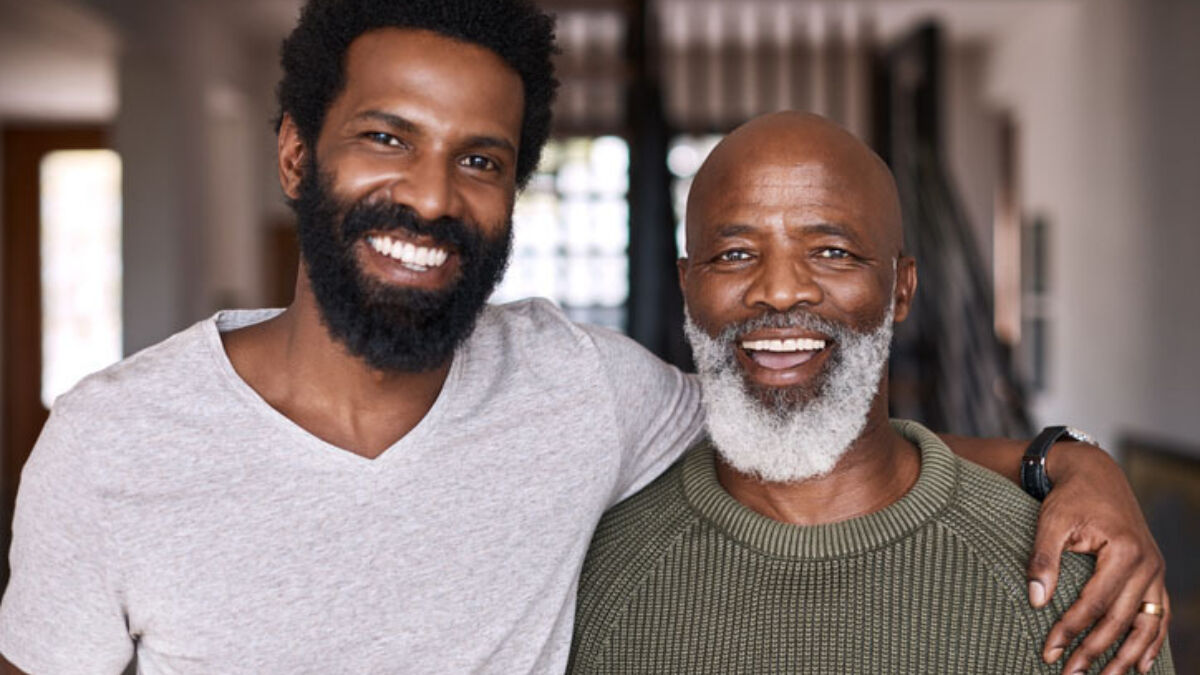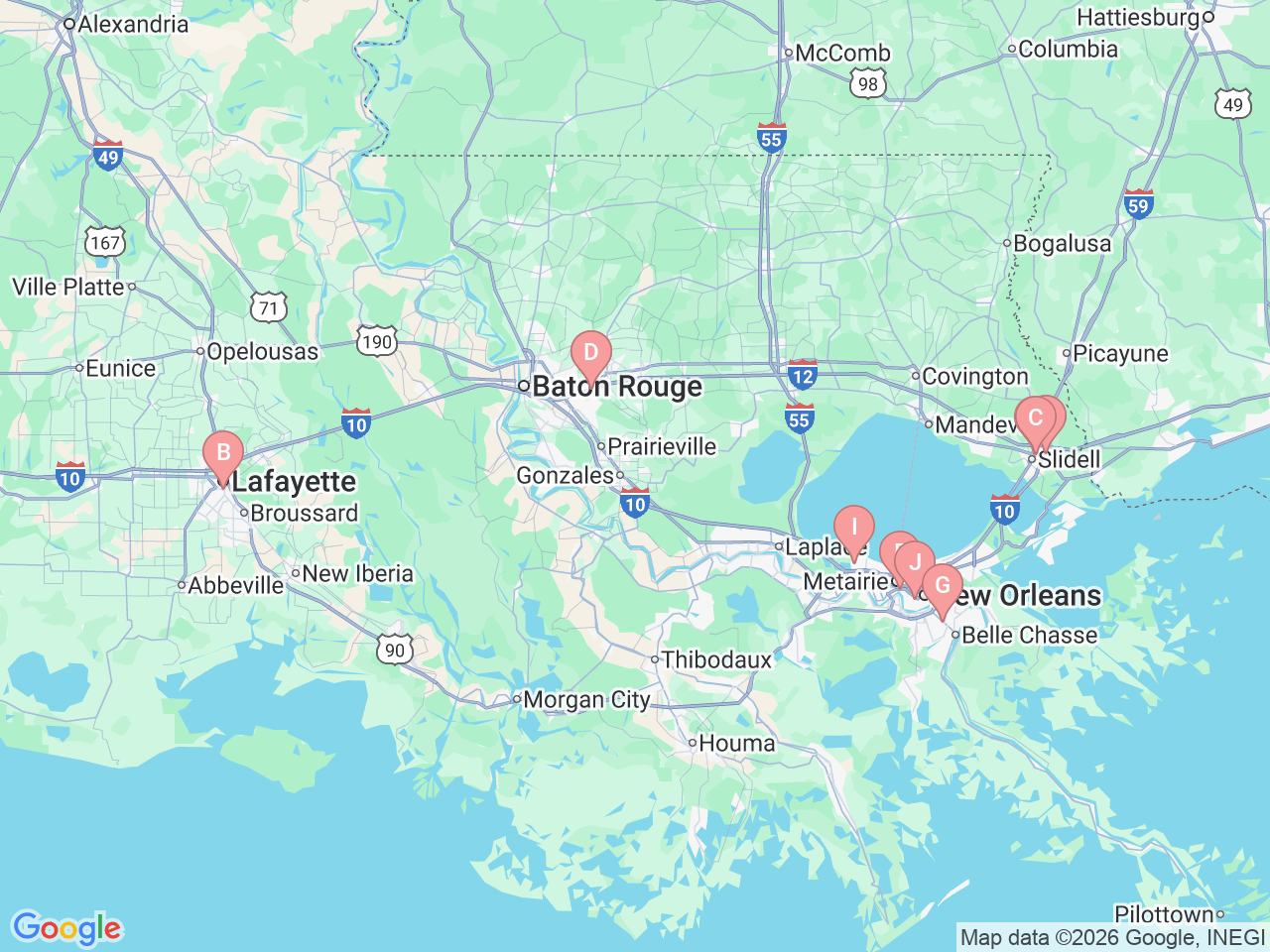What is Advance Care Planning?
It is never too early to think about what is most important to you should your health change. While it can be hard to think about a time when you are sick or unable to make decisions for yourself, the earlier you plan, the better chance we have of giving you the medical care that is right for you.
Writing down your advance care plan
At Ochsner, we want your voice to be heard and your wishes respected, no matter your medical condition. Maybe you have had experiences with people close to you who have been sick. Have you visited loved ones in the ICU or hospital? Or perhaps you have watched people get sick on TV or in movies.
Reflecting on these situations can be a good first step in the process of advance care planning.
Once you’ve thought about what you want and talked to your loved ones, it’s time to write down your wishes. At Ochsner Health, we’re using new electronic technology through MyDirectives to provide an easy-to-use “Five Wishes” document. It is also available through the MyOchsner app for existing MyOchsner users. Visit MyDirectives to create an account or learn more.
The Five Wishes are:
- The person I want to make care decisions for me
This allows you to name someone you trust to make medical decisions for you if you are unable to do so. (healthcare power of attorney) - The kind of medical treatment I want or don't want
Here, you can express your preferences for specific types of medical care you want when you are unable to communicate and not expected to get better. (living will) - How comfortable I want to be
This part focuses on your comfort and pain management. It allows you to specify how you want to be cared for if you're in pain, or how you want your emotional and physical comfort to be prioritized. - How I want people to treat me
This section addresses your personal and emotional needs, such as how you want to be treated by those around you: your family, friends and caregivers. - What I want my loved ones to know
The final wish allows you to share your thoughts, feelings and final wishes for your family and loved ones, to help them understand your end-of-life decisions.
The technology allows proper witnessing and storage within your medical record and would be available to you and those decisions makers in real time 24/7. When properly signed and witnessed it is legal in all 50 states. This also enables you to record a video message to your family if interested.
Additional printable forms
View our printable advance care planning forms below:
- How to Start the Conversation About Advance Care Planning (ENGLISH)
- How to Start the Conversation About Advance Care Planning (SPANISH)
- How to Start the Conversation About Advance Care Planning (Vietnamese)
- Ochsner Living Will/Declaration (ENGLISH)
- Ochsner Living Will/Declaration (SPANISH)
- Ochsner Power of Attorney for Health Care Decisions (ENGLISH)
- Ochsner Power of Attorney for Health Care Decisions (SPANISH)
- Louisiana Physician Orders for Scope of Treatment (LaPost - ENGLISH)
- Louisiana Physician Orders for Scope of Treatment (LaPost – SPANISH)
- Physician Order for Life-Sustaining Treatment for Non-Louisiana Residents
Anyone 18 years or older who can make their own decisions can complete an advance directive. You do not need a lawyer to complete our forms, however, the forms need to be:
- Dated
- Signed by the patient or healthcare representative
- Signed by two witnesses, not related to the patient by blood or marriage and not entitled to any portion of the patient’s estate.
It is important to review your forms with those who will honor them for you every year or with any changes in your health or personal life to make sure they still reflect your wishes. You may cancel or revoke documents on file with Ochsner at any time verbally or in writing.
Copies should be given to your doctor and others you want to know of your wishes. If you should go to the hospital, bring a copy of your documents if not already on file. Keep your original documents in an easy to find location. If you are unable to download and print the documents, please ask for assistance at your next appointment.









